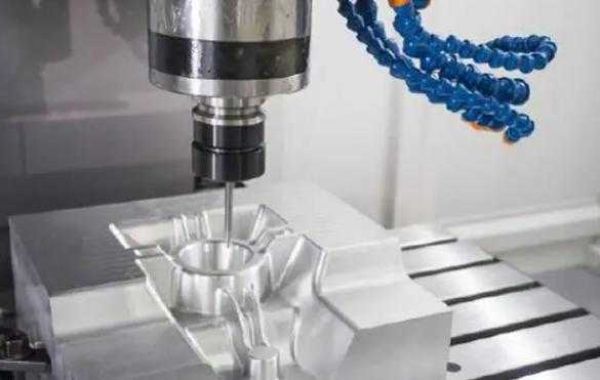Here are some effective strategies to overcome the challenges of CNC machining stainless steel:
Proper Tool Selection
- High-quality cutting tools: Invest in high-quality cutting tools made from materials like carbide or ceramic, which are specifically designed for machining stainless steel.
- Sharp tools:Ensure that cutting tools are sharp and well-maintained to minimize heat generation and reduce the risk of work hardening.
- Appropriate tool geometry:Select tools with the right geometry to optimize chip evacuation and reduce cutting forces.
Optimized Cutting Parameters
- Reduced cutting speeds:Lower cutting speeds help dissipate heat more effectively, reducing the risk of overheating and work hardening.
- Increased feed rates:Higher feed rates can improve productivity while maintaining accuracy.
- Optimal depth of cut:Choose appropriate depth of cut to balance material removal rate and tool life.
- Frequent tool changes: Regular tool changes can prevent tool wear and maintain consistent machining performance.
Effective Coolant Application
- High-pressure coolant: Use high-pressure coolant to effectively remove heat and chips from the cutting zone.
- Flood coolant:Apply a generous amount of coolant to the cutting area to dissipate heat and lubricate the cutting tool.
- Coolant selection: Choose a coolant specifically designed for stainless steel machining to enhance cooling and lubrication properties.
Chip Management
- Chip breakers:Use chip breakers on cutting tools to control chip formation and prevent long, stringy chips from wrapping around the tool.
- Regular cleaning:Keep the machine and workpiece clean to avoid chip buildup, which can interfere with the machining process.
Workpiece Clamping
- Secure clamping: Ensure that the workpiece is securely clamped to prevent vibration and improve machining accuracy.
- Avoid excessive clamping force:Excessive clamping force can lead to workpiece distortion and tool breakage.
Regular Machine Maintenance
- Proper lubrication: Keep the machine's moving parts well-lubricated to reduce friction and wear.
- Regular calibration: Calibrate the machine regularly to ensure accurate machining.
By implementing these strategies, you can effectively overcome the challenges associated with CNC machining stainless steel and produce high-quality parts with precision and efficiency.








